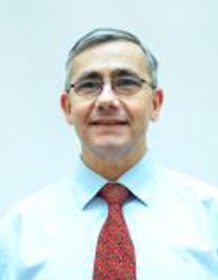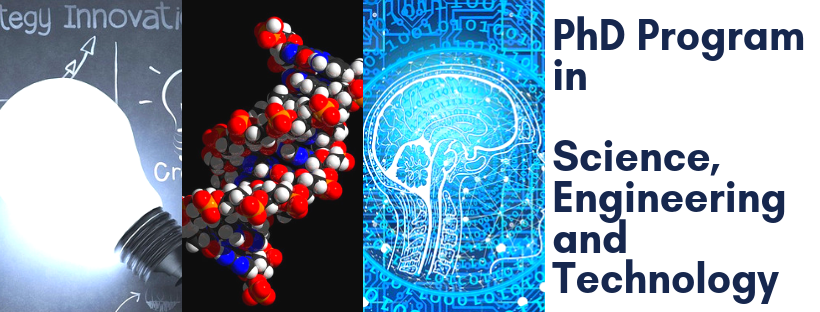
Dear PhD applicant,
Thanks for your interest in our PhD programs in the School of Engineering and Digital Sciences at Nazarbayev University:
- PhD in Chemical Engineering
- PhD in Civil Engineering
- PhD in Computer Science
- PhD in Electrical Engineering
- PhD in Mechanical Engineering
- PhD in Robotics Engineering
Nazarbayev University is a growing research university located in the heart of Eurasia, with a strong commitment to deliver world-class education and research training to our local and international students.
Our internationally recognized faculty, partners and visiting fellows are fully accompanied by growing research grants from different funding sources, state-of-the-art lab/computer facilities, modern library and classrooms, supported by tremendously diligent and resourceful technical, administrative and managerial staff.
Our PhD Programs focus on developing a new generation of globally competitive scientists, researchers and developers of new technologies.
With such a tremendous effort in bringing together the finest team, infrastructure and organization, we strive in inviting you, among the best students from Kazakhstan and around the world, to experience together the fantastic journey towards your doctoral degree in a world-class institution.
Visit the website of the affiliated department to PhD program of your interest and contact the Head of Department if you have questions about the program, admission or your research field of interest to help you completing the application forms.
We look forward to meeting you soon.
Matteo Rubagotti, Ph.D.
Associate Professor and Director of Graduate Studies
School of Engineering and Digital Sciences
Email: matteo.rubagotti@nu.edu.kz
Program overview
The PhD program in Science, Engineering and Technology (PhD program), fully taught in English, is designed to provide advanced skills and a sophisticated knowledge base at the expert level for individuals planning a career in academic, industry and research settings in engineering and science disciplines. The program focuses on the development of research skills, together with an in-depth understanding of the nature, implementation and evaluation of engineering principles and applications. The current areas of research interest for the PhD program in Science, Engineering and Technology encompass a wide area, with specific focus on priority areas for Kazakhstan, such as: energy engineering; information and communications technology; advanced materials science and engineering; sustainable engineering; biomedical engineering; robotics and mechatronics.
These areas are also aligned with the research priorities for Europe as described in the EU Framework Program for Research and Innovation Horizon 2020, such as: Leadership in Enabling and Industrial Technologies (Information and Communication Technologies; Nanotechnologies; Advance Materials; Advanced Manufacturing and Processing); Environment, Future and Emerging Technologies; Health, demographic change and wellbeing (Improving diagnosis; Innovative treatments and technologies; Integrated, sustainable, citizen-centered care).
By the completion of the PhD program, students will be capable of designing, conducting, and interpreting independent, innovative, original and high-quality research related to a variety of engineering topics. In addition, program graduates will be prepared for working in industrial and academic environment in the positions of university faculty members, senior researchers, engineers and product developers.
Entry requirements:
The overarching aim of the program is to develop high-quality doctoral researchers who are ready and able to make a lasting contribution to addressing scientific, technological, economic, societal and environmental challenges of global significance.
It is closely associated with the aim of Kazakhstan to increase its global competitiveness and join the top 30 most developed countries in the world by 2050.
Contact us:
e-mail:
seds@nu.edu.kz
Landline:
+7 (7172) 706482,
+7 (7172) 694536 (Program related questions)
The program aims to prepare:
- specialists for advanced careers in (national and multinational) industry and academia in Kazakhstan, in neighboring countries and internationally;
- future policy and decision-makers for careers in governmental agencies, public service, and the social economy, in Kazakhstan, and globally;
- entrepreneurs who will be able to promote advanced and innovative science-rich technologies anywhere in the world;
- new generation of commercially aware and technologically advanced scientists and technologists to lead future developments in the chosen chemical and materials engineering sub-discipline;
- future academics and researchers in chemical engineering sub-disciplines for careers as specialists in universities of Kazakhstan and other parts of the world.
Program Learning Outcomes:
- Review, analyse, and evaluate the body of scientific literature in their field of study in Engineering and Science
- Select appropriate research topics in their field of study in Engineering and Science, and generate hypotheses about such topics
- Plan, develop, analyse and communicate research in writing and verbally independently
- Make an original contribution to the knowledge in their area of specialization within Engineering and Science
- Judge technically and ethically and relate their research to the broader field of knowledge in their Engineering and Science sub-discipline
- Develop their academic/scholarly career through presentations, publications, and national and international networking
NU Graduates shall (Graduate Attributes):
- Possess an in-depth and sophisticated understanding of their domain of study.
- Be intellectually agile, curious, creative and open-minded.
- Be thoughtful decision makers who know how to involve others.
- Be entrepreneurial, self-propelling and able to create new opportunities.
- Be fluent and nuanced communicators across languages and cultures.
- Be cultured and tolerant citizens of the world.
- Demonstrate high personal integrity.
- Be prepared to take a leading role in the development of their country.
| Year 1: Fall Semester | |||||
| Course | Academic Unit | ECTS Credits | Workload | ||
| Class Hours | Self-study Hours | ||||
| Program Core | Research Methods & Ethics* (DENG 782) |
SEDS/SSH | 6 | 56 | 94 |
| Thesis Research (DENG 700) |
SEDS/SSH | 0 | 0 | 30 | |
| Electives | Doctoral Elective Course 1* | SEDS/SSH | 8 | 75 | 125 |
| Doctoral Elective Course 2* | SEDS/SSH | 8 | 75 | 125 | |
| Doctoral Elective Course 3* | SEDS/SSH | 8 | 75 | 125 | |
| SEMESTER SUBTOTAL: | 30 | 281 | 499 | ||
(*) Course may be waived for NU graduates and replaced by a Level-8 course (core or elective) selected by the student’s supervisory committee and approved by the corresponding departmental committee.
| Year 1: Spring Semester | |||||
| Course | Academic Unit | ECTS Credits | Workload | ||
| Class Hours | Self-study Hours | ||||
| Program Core | Thesis Research (DENG 700) |
SEDS/SSH | 0 | 0 | 30 |
| Current Research Literature (DENG 701) |
SEDS/SSH | 8 | 45 | 155 | |
| Electives | Graduate Elective Course 4* | SEDS/SSH | 8 | 45 | 155 |
| Graduate Elective Course 5* | SEDS/SSH | 8 | 45 | 155 | |
| Graduate Elective Course 6* | SEDS/SSH | 8 | 45 | 155 | |
| SEMESTER SUBTOTAL: | 32 | 180 | 650 | ||
(*) Course may be waived for NU graduates and replaced by an EQF Level-8 course (core or elective) selected by the student’s supervisory committee and approved by the corresponding departmental committee
| Year 1: Summer Term | |||||
| Course | Academic Unit | ECTS Credits | Workload | ||
| Class Hours | Self-study Hours | ||||
| Core | Thesis Research (DENG 700) |
SEDS/SSH | 0 | 0 | 400 |
| SEMESTER SUBTOTAL: | 0 | 0 | 400 | ||
| Year 2: Fall | |||||
| Course | Academic Unit | ECTS Credits | Workload | ||
| Class Hours | Self-study Hours | ||||
| Program Core | Doctoral Seminar I (DENG 789) |
SEDS/SSH | 6 | 56 | 94 |
| Thesis Research (DENG 700) |
SEDS/SSH | 0 | 0 | 570 | |
| SEMESTER SUBTOTAL: | 6 | 56 | 664 | ||
| Year 2: Spring | |||||
| Course | Academic Unit | ECTS Credits | Workload | ||
| Class Hours | Self-study Hours | ||||
| Program Core | Doctoral Seminar II (DENG 790) |
SEDS/SSH | 6 | 56 | 94 |
| Thesis Research (DENG 700) |
SEDS/SSH | 0 | 0 | 570 | |
| SEMESTER SUBTOTAL: | 6 | 56 | 664 | ||
| Year 2: Summer Term | |||||
| Course | Academic Unit | ECTS Credits | Workload | ||
| Class Hours | Self-study Hours | ||||
| Core | Thesis Research (DENG 700) |
SEDS/SSH | 0 | 0 | 400 |
| SEMESTER SUBTOTAL: | 0 | 0 | 400 | ||
| Year 3: Fall | |||||
| Course | Academic Unit | ECTS Credits | Workload | ||
| Class Hours | Self-study Hours | ||||
| Program Core | Doctoral Seminar III (DENG 791) |
SEDS/SSH | 6 | 56 | 94 |
| Thesis Research (DENG 700) |
SEDS/SSH | 0 | 0 | 570 | |
| SEMESTER SUBTOTAL: | 6 | 56 | 664 | ||
| Year 3: Spring (6th Semester) | |||||
| Course | Academic Unit | ECTS Credits | Workload | ||
| Class Hours | Self-study Hours | ||||
| Program Core | Doctoral Seminar IV (DENG 792) |
SEDS/SSH | 6 | 56 | 94 |
| Thesis Research (DENG 700) |
SEDS/SSH | 0 | 0 | 570 | |
| SEMESTER SUBTOTAL: | 6 | 56 | 664 | ||
| Year 3: Summer Term | |||||
| Course | Academic Unit | ECTS Credits | Workload | ||
| Class Hours | Self-study Hours | ||||
| Core | Thesis Research (DENG 700) |
SEDS/SSH | 0 | 0 | 400 |
| SEMESTER SUBTOTAL: | 0 | 0 | 400 | ||
| Year 4: Fall | |||||
| Course | Academic Unit | ECTS Credits | Workload | ||
| Class Hours | Self-study Hours | ||||
| Program Core | Doctoral Seminar V (DENG 793) |
SEDS/SSH | 6 | 56 | 94 |
| Thesis Research (DENG 700) |
SEDS/SSH | 0 | 0 | 570 | |
| SEMESTER SUBTOTAL: | 6 | 56 | 664 | ||
| Year 4: Spring | |||||
| Course | Academic Unit | ECTS Credits | Workload | ||
| Class Hours | Self-study Hours | ||||
| Program Core | Thesis Research (DENG 700) |
SEDS/SSH | 178
(0)# |
0 | 4450 |
| SEMESTER SUBTOTAL: | 178 | 5 | 4450 | ||
(#) If thesis is not submitted and successfully defended. For PhD students who need additional time, semester loads in the following years are the same as those in Year 4, as indicated below.
| Year 4: Summer Term | |||||
| Course | Academic Unit | ECTS Credits | Workload | ||
| Class Hours | Self-study Hours | ||||
| Core | Thesis Research (DENG 700) |
SEDS/SSH | 178
(0)# |
0 | 4450 |
| SEMESTER SUBTOTAL: | 178 | 0 | 4450 | ||
(Policy) School of Engineering and Digital Sciences PhD student Handbook
Annex Templates:
Annex 1 PHD Student Code of conduct
Annex 2 PHD Supervisory committee form
Annex 3 PHD Research plan
Annex 4.1 PHD Research plan oral defense SC section
Annex 4.2 PHD Research plan oral defense PRC section
Annex 4.3 PHD Research plan oral defense ECS section
Annex 5 PHD Supervisory committee changes form
Annex 6.1 PHD Progress review committee form Student section
Annex 6.2 PHD Progress review committee form SC section
Annex 6.3 PHD Progress review committee form PRC section
Annex 7 PHD Thesis submission form
Annex 8 Minor & Major amendment changes form
Annex 9 Sequence of milestones for SEDS PhD programs

(Committee Chair)
Director of Graduate Studies
Associate Professor
Dept. of Robotics
School of Engineering and Digital Sciences
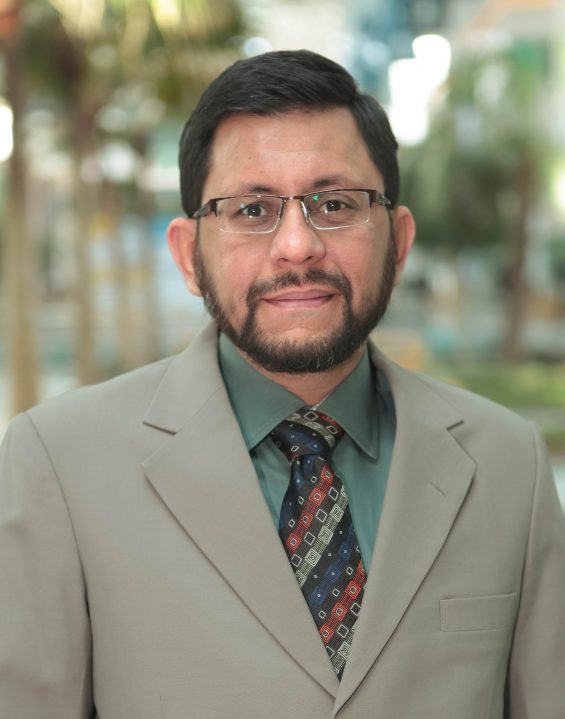
(Committee Co-Chair)
Associate professor
Dept. of Civil and Environmental Engineering
School of Engineering and Digital Sciences
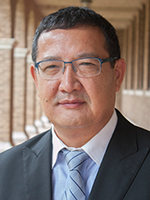
Associate Professor
Dept. of Chemical and Materials Engineering
School of Engineering and Digital Sciences
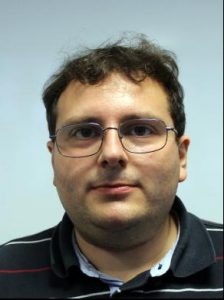
Associate professor
Dep.of Electrical and Computer Engineering
School of Engineering and Digital Sciences

Associate professor
Dept. of Electrical and Computer Engineering
School of Engineering and Digital Sciences

Assistant Professor
Dept. of Civil and Environmental Engineering
School of Engineering and Digital Sciences

Assistant Professor
Dept. of Chemical and Materials Engineering
School of Engineering and Digital Sciences
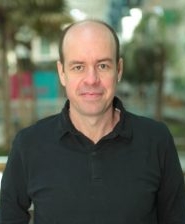
Director of SET PhD Program
Assistant professor
Dept. of Mechanical and Aerospace Engineering
School of Engineering and Digital Sciences
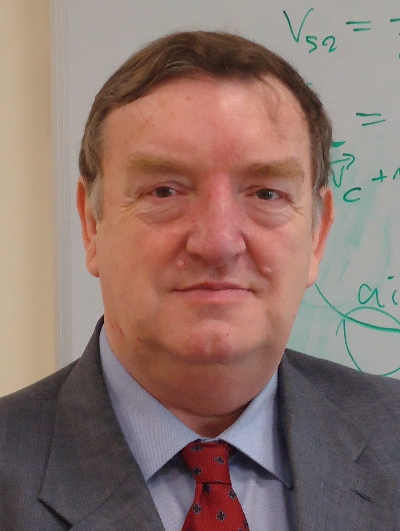
Associate professor
Dept. of Mechanical and Aerospace Engineering
School of Engineering and Digital Sciences
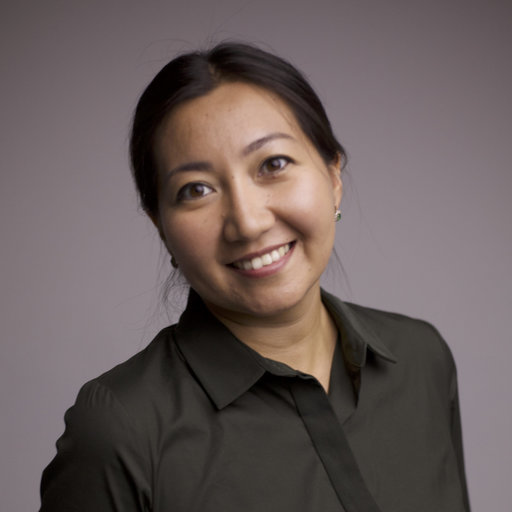
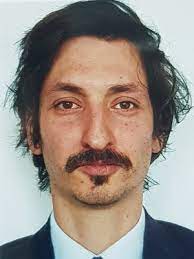
Associate Professor
Dept. of Computer Science
School of Engineering and Digital Sciences




